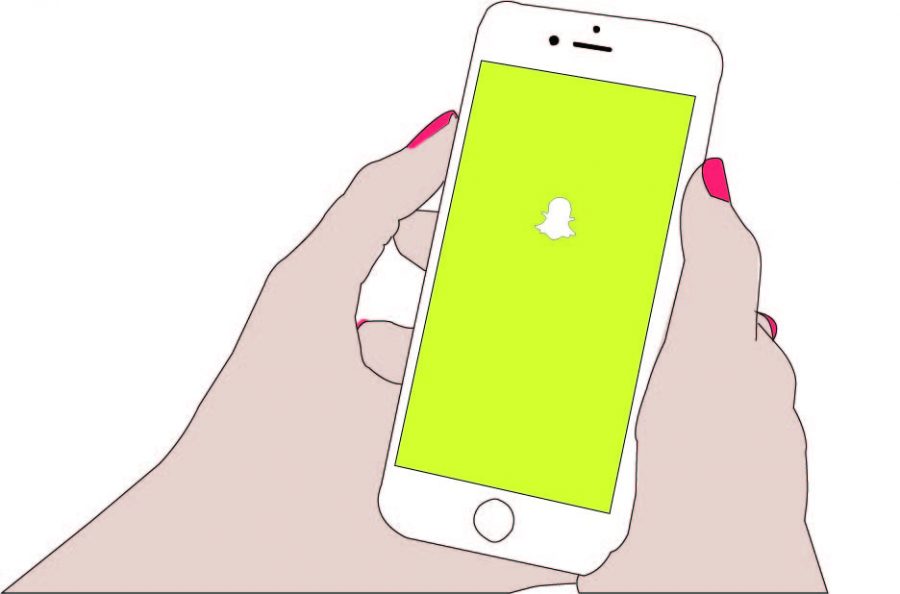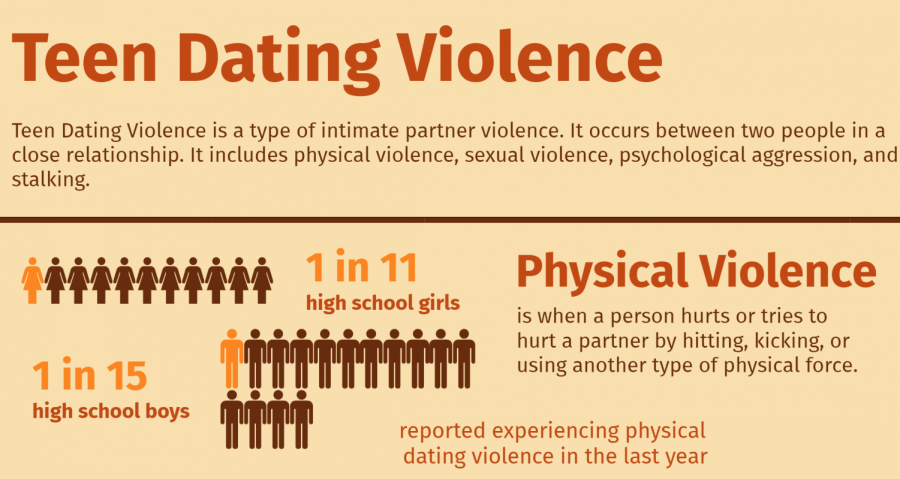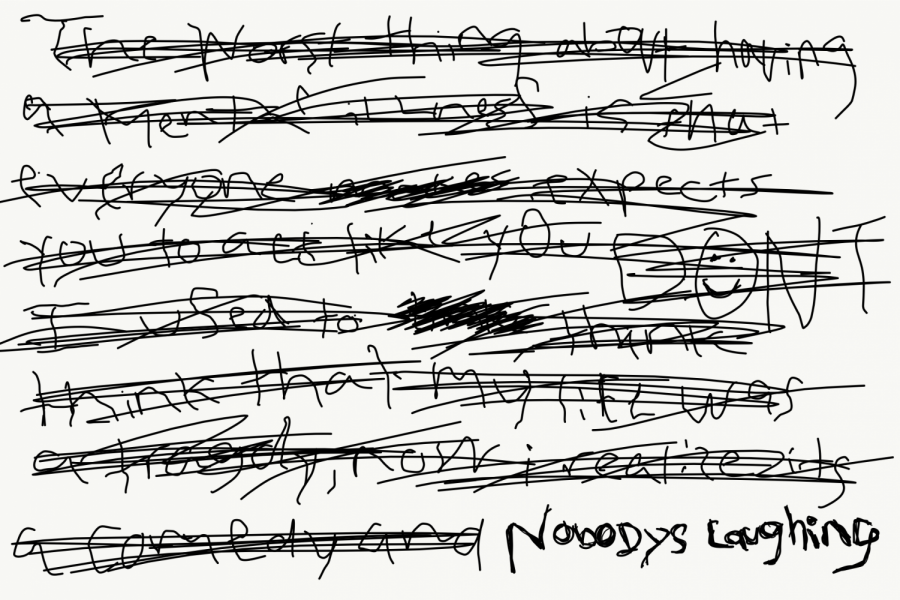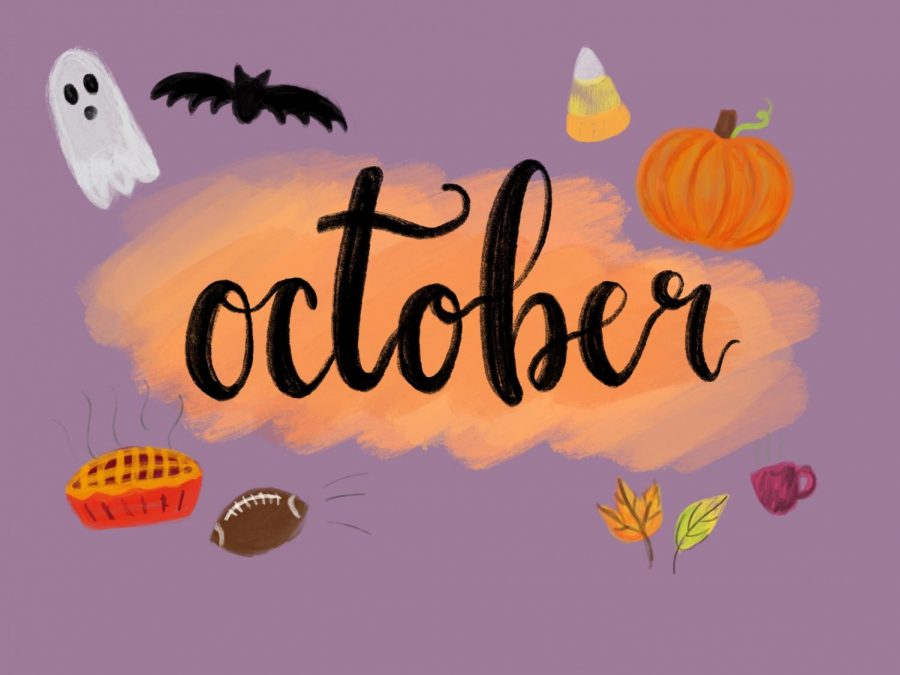Almost everyone has seen it: posts on Instagram, Twitter, and other forms of social media that express their condolences over someone who has passed away. The last year especially was prime time for these posts for celebrity deaths were what filled almost all news content.
Grieving on social media is something that any user is bound to come across, or even indulge in. It is natural human instinct to want affirmation and comfort after a loved one has passed, and finding that comfort online seems to be the most popular option.
When Carrie Fisher died, thousands of fans joined together on social media to bid their favorite princess farewell and express their grief. Fanart, public outcries, and appreciation posts dominated the internet for a couple of weeks after her death.
Harambe, the gorilla who met his untimely fate when a little boy fell into his cage, also received international grief. For months, people made videos and edits depicting the loss the nation felt. The hashtag, “#ripharambe” is something people still use today, though it is more of a joke rather than a way to grieve.
There’s nothing wrong with wanting to express one’s grief online, but some things should stay off the Internet. With the entire world posting literally every aspect of their lives for everyone to see, putting one’s grief online takes away the personal feeling of loss and makes it more of a cry for attention. When thousands of people come together to talk about a person’s death, the family of the person loses the personal connection to their loved one.
Instead of posting another “R.I.P ____,” for the world to see, take the time to message the person personally and express your condolences. It will be more personal, and it’ll provide more closure rather than empty words from a large crowd.

































































